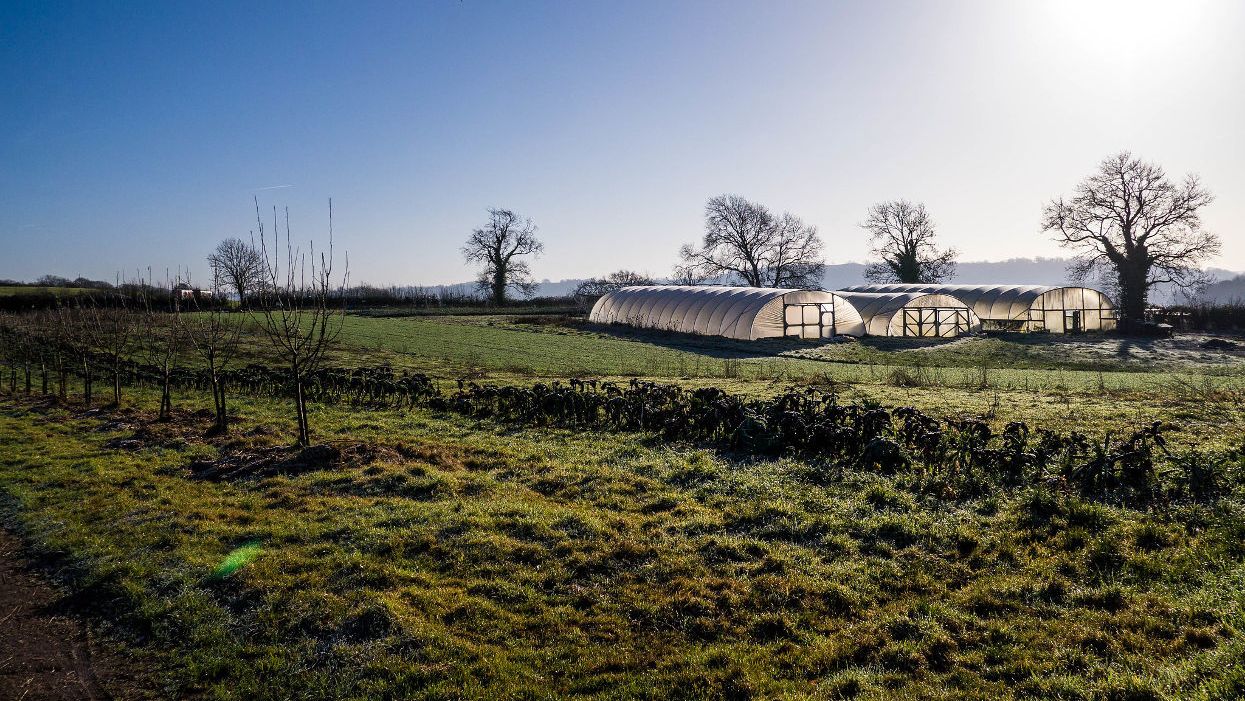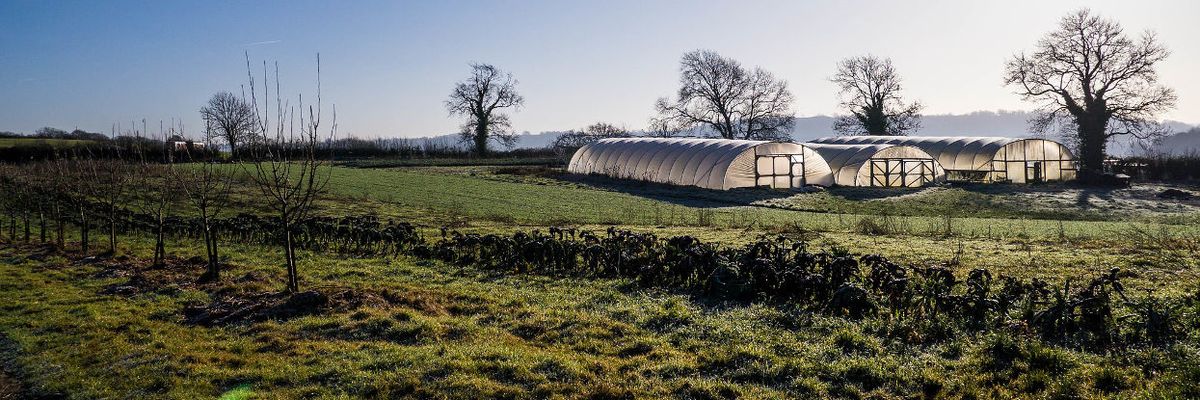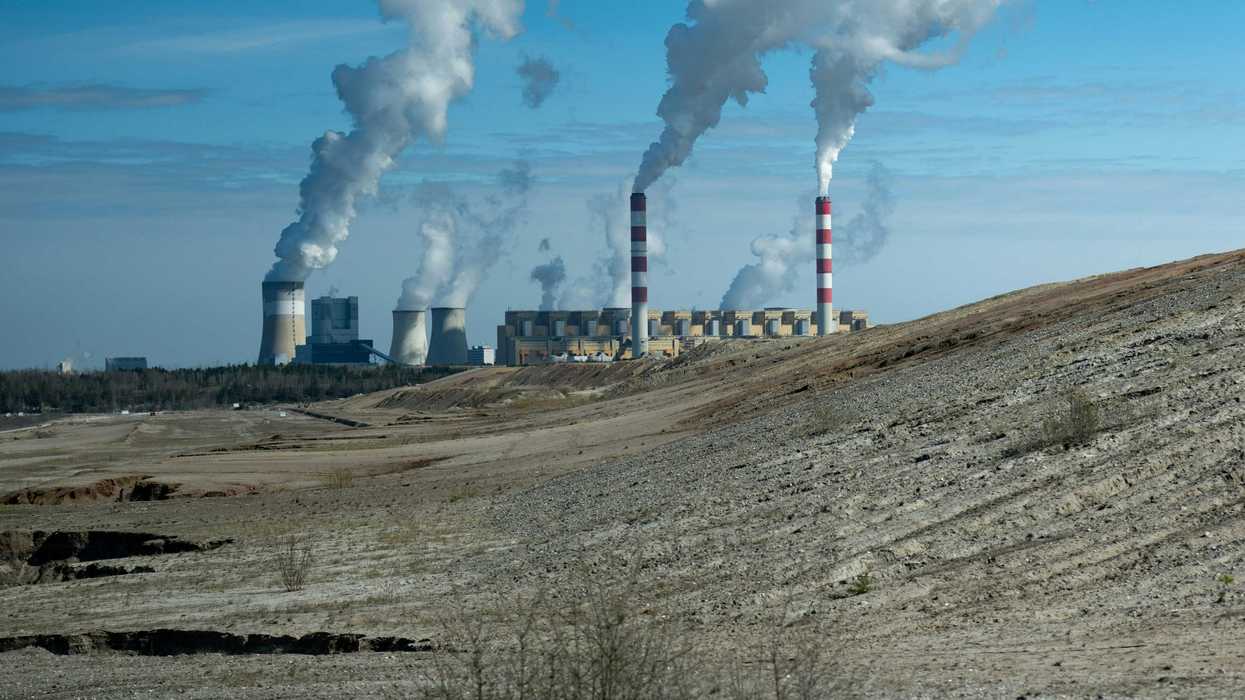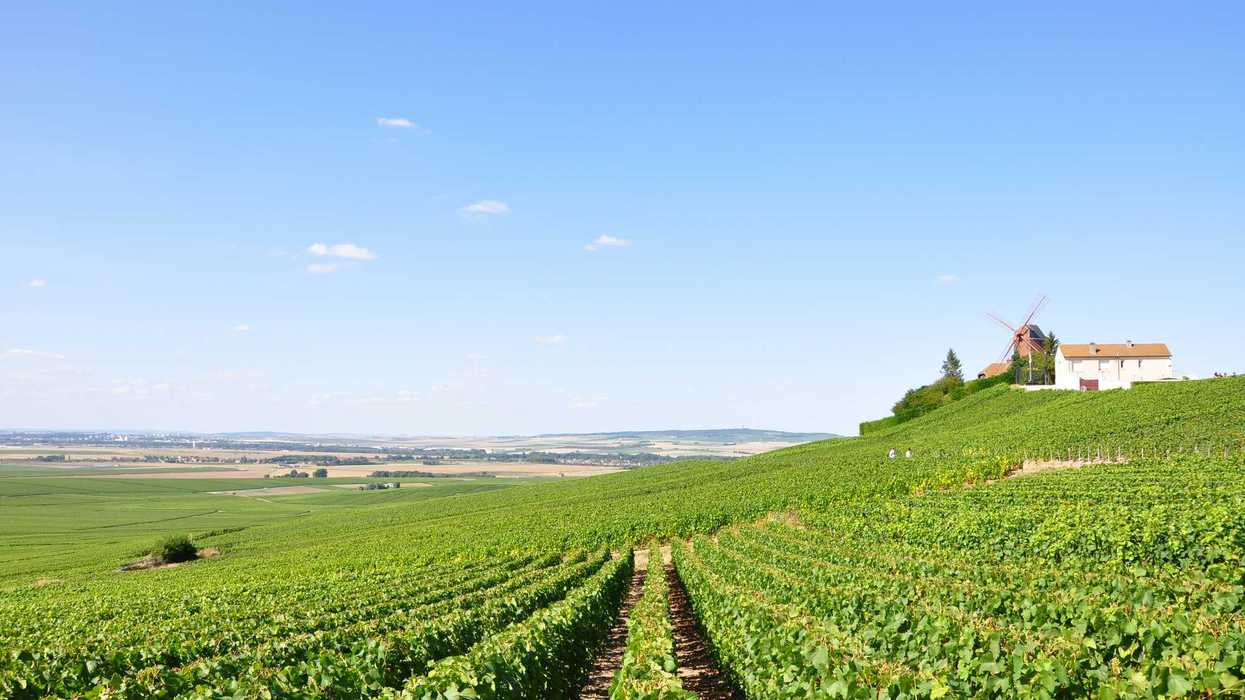Editor's Note: This essay originally ran on the Sustainable Food Trust website and is republished here with permission.
Last month I was on BBC Radio 4's Today program (begins 2 hours 53 mins), sharing my thoughts and reflections about the impact and implications of the current pandemic and the security and resilience of our future food systems.
Understandably, the presenter wanted to talk to me about growing your own vegetables—which of course is a vitally important part of the response to the emergency—but I wanted to speak about broader issues.
The last major food security emergency was, of course, during the Second World War; this resulted in the British government-led "dig for victory" campaign, which combined growing your own fruit and vegetables with a nationwide mobilization of farmers supported by the so-called "Land Girls" to maintain secure and sustainable food supplies to the British people when the U-boats were sinking the North Atlantic convoys.
It's interesting to reflect on what has changed since then, because it occupies a chapter of agricultural history that corresponds with much of my farming lifetime.
An increasingly centralized food system
The key difference between then and now is that during the 1940s there was still a comprehensive latticework of local food supply infrastructure, which included production on Britain's diverse mixed family farms, small dairies, pack-houses, processing units, abattoirs, butchers and retail outlets.
All of this infrastructure provided a means of getting the raw materials to local populations in a secure and sustainable manner. This is more or less a perfect description of a resilient food system, but during the last five decades nearly all of this has disappeared.
It has been replaced by a highly centralized commodity-based supermarket sourcing system, where typically each of the main commodities that are stocked on the shelves will have been produced by an ever-diminishing number of very large-scale farmers and growers operating monocultures, with the food they produced being processed and packed in one vast operation, and then transported to the stores, again through centralized warehouses in a "just-in-time" distribution system.
The reason why the supermarkets and food companies have adopted this approach is two-fold: first, it's the economics of scale that make it more profitable to do things in a very centralized way; and second, it is based on a presumption that customers do not really care that much about where their food comes from or where it was produced, as long as it is as cheaply priced as possible.
I should know all about this because I am a casualty of the centralization process. As an example, the first organic produce ever sold by Sainsbury's in 1985 was grown and packed on my farm Bwlchwernen.
Even before that, for a short season during the early 1980s, I used to deliver bunched carrots to the local co-op supermarket in Lampeter and was amazed at the scale of demand for local food.
Between 1979, when I first started growing carrots on my West Wales farm, and 2006 when I stopped, this process of relentless and incremental centralization of food processing infrastructure forced me to send my carrots initially to my local pack-house in Lampeter and then Leominster and eventually to Peterborough, the site of the last carrot packing station standing, which, as I understand today, supplies virtually 100 percent of the carrots that are stocked by Sainsbury's and Waitrose.
I simply wasn't able to carry the cost of driving the carrots 230 miles, so I threw in the towel—rather noisily in my case, as I had quite a bit of publicity in The Guardian newspaper and on the Today program; but this wasn't enough to arrest the relentless centralization process.
This story will be echoed by many thousands of small-scale, sustainable food producers who have become casualty statistics in this 50-year process of food system rationalization.
Now consider today's food security emergency, and you cannot but conclude that these centralized systems are incredibly vulnerable. They can only work as long as all the links in the chain are in place, but in denying the final customer any knowledge of the provenance of the food products, they also remove the loyalty and security that are the key components of a resilient food system.
How has this impacted the UK food systems to date?
This story is unfolding as I write this, but with the closure of nearly all catering food outlets, which I am told represent nearly half of all the food that is eaten, this is putting an enormous strain on the supermarket supply chain.
This strain is being increased by the unsocial but understandable hoarding, which itself is a characteristic of the fear that every family currently faces in being short of food.
While I am clearly writing about these issues from a UK-centric perspective, almost everything I am describing is playing out in countries throughout the world, so I think the issues I am raising and the potential solutions to them are universally applicable.
The way it has impacted individual farmers and growers varies enormously. For those who are supplying the supermarkets' centralized commodity systems, demand has gone through the roof, as it also has done with box scheme delivery operations such as Riverford and demand for locally-produced beef and lamb.
But even these schemes are struggling to market the range of more specialized food products that our producers depend on for their livelihood.
By contrast, those who are supplying caterers, selling through farmers' markets, supplying destination speciality food retail outlets or exporting, are suffering significantly. In the case of Holden Farm Dairy, our farm-based cheese operation, we estimate there will be a 50 percent reduction in sales, since we are highly dependent on restaurants, specialist cheese outlets, such as Neals Yard Dairy and The Courtyard Dairy in Settle, North Yorkshire, as well as exports.
The irony of all this is that most of those who are doing best in this unfolding food security emergency are those that are most connected to the centralized commoditized industrial food system.
What should be done in response?
- For citizens in our role as consumers, we should commit to sourcing as much local and sustainable food as is consistent with our particular household needs and capacity. There are several ways in which we can make this possible. We can contact our local independent food shops and urge them to source from sustainable and local producers, as some such shops are doing already, in ways that avoid direct person to person contact.
- We can go on the internet and identify all the producers who are farming near to us who would like to increase their percentage of local sales, contact them, and ask how they can supply us. In a way, these are the most powerful actions we can take, because if we think of the food system as a giant organism, individual consumers are its cells, and we need action from a cellular level up, right now. There is strength in numbers and, if we act together, we could bring about a renaissance in the local food market which is so urgently needed.
- Farmers and growers could approach local independent food shops and ask if they would consider stocking their products; they could register their existence on local food websites; they could also collaborate with others to establish "pop-up" farmers markets where their customers order online, and boxes and bags of products are delivered to them at a pre-arranged place and time in a food-secure manner. Independent food companies and retailers, and for that matter supermarkets as well, could increase their loyalty to stocking sustainable and local products, which hopefully will be a commercial success if the pressure comes from their own customers.
In all the recommended actions I have advocated, there is no mention of what the Government should do. I've left this until last, because I believe the most powerful movements for change are always citizen-led—bottom-up and not top-down. Having said this, however, the Government can also play a critically important role.
For instance, they could establish a national umbrella website which holds all the constellations of regional and local food websites and provides an opportunity for all producers and all citizens to explore the means by which they could identify and secure supplies of sustainable and local food.
Governments could also offer immediate cash grants to producers who wish to improve their local food production, processing, packing and distribution infrastructure; this needs to include local abattoirs, which are seeing greatly increased demand, but struggling to survive due to the increased costs they face.
It might also include polytunnels for growers, packing sheds, buildings and processing equipment for dairy farmers and meat producers, the list goes on.
The key point is this: at a time when there is an unparalleled threat to the future health and wellbeing of citizens throughout the world, we must turn this potential catastrophe into an opportunity manifesting as a renaissance in the production, distribution and consumption of healthy, seasonal and local food.
The Government as yet has shown no sign that they will build a better food system so citizens must lead the way in driving change. This is a time to build resilience and health into our food systems, from the ground up.
Patrick Holden is the founding director of the Sustainable Food Trust, working internationally to accelerate the transition towards more sustainable food systems. His views do not necessarily represent those of EHN, The Daily Climate or publisher, Environmental Health Sciences.
















